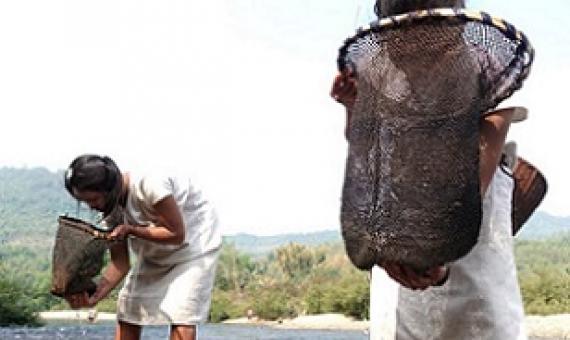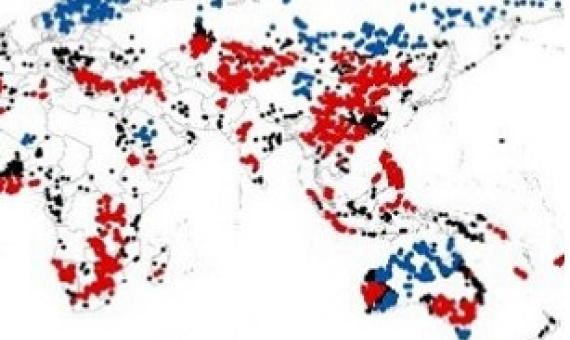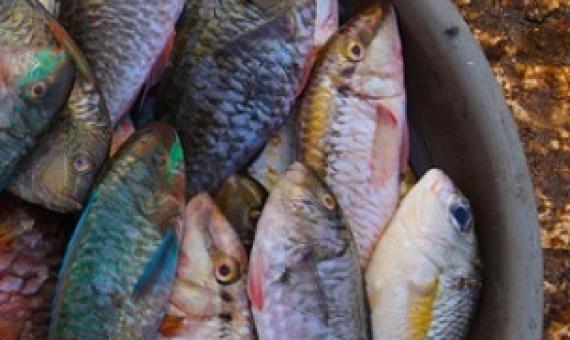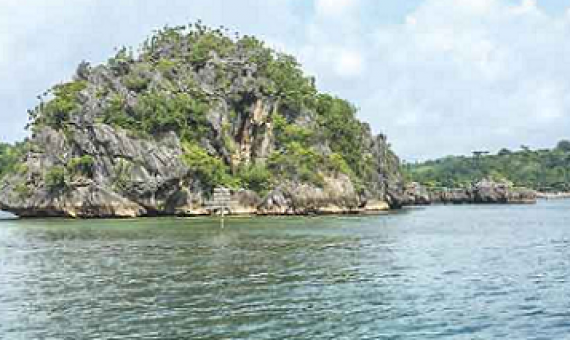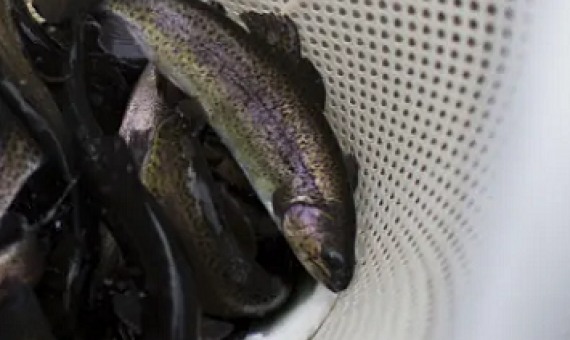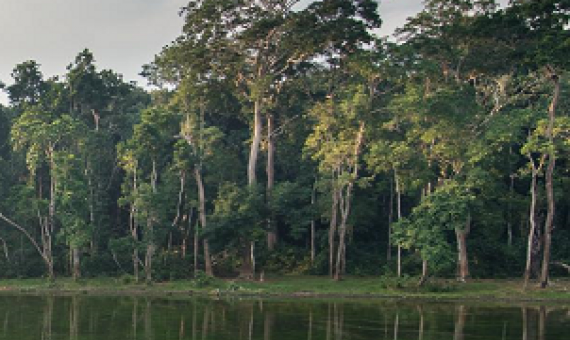Grow the Fiji we deserve. Wakatu, Taveuni.
This booklet is part of the Wakatu Fiji campaign which was launched to encourage and empower people to better care for the land and sea that has taken care of us.flipchart| available onlineCall Number: VF 8358 [EL]ISBN/ISSN: 978-982-04-0892-0,978-982-04-0891-3Physical Description: 24 p. 29 cm

